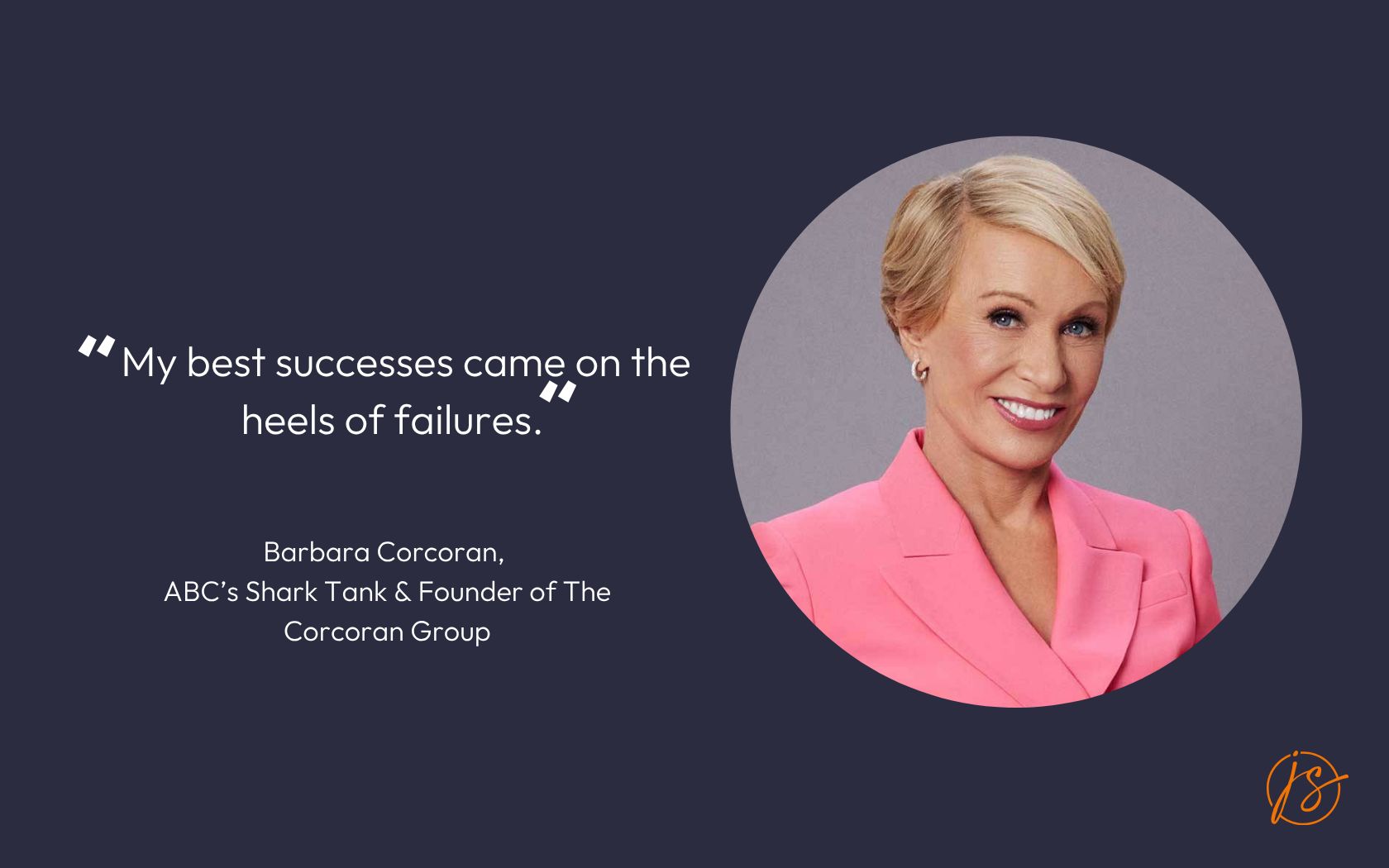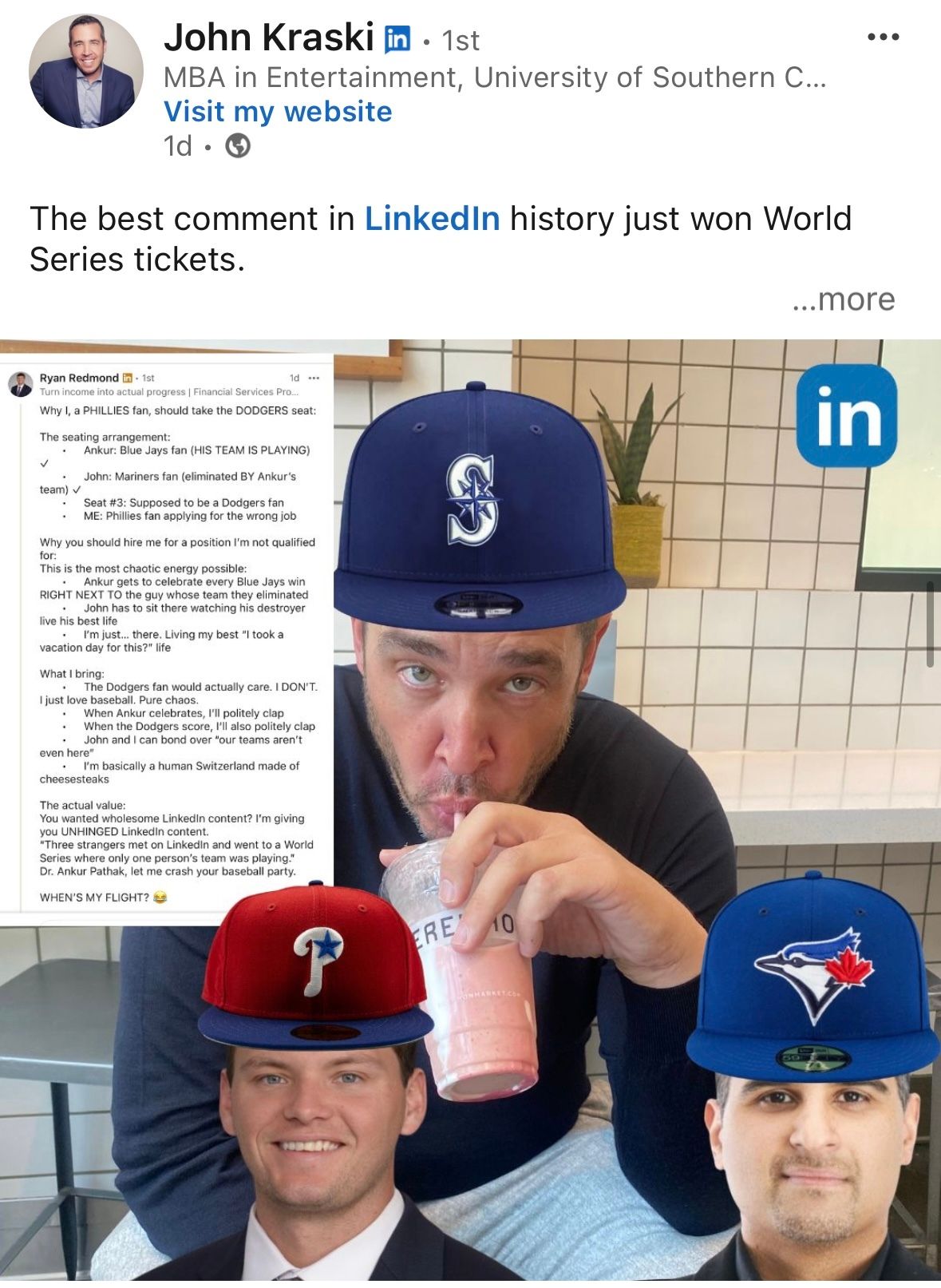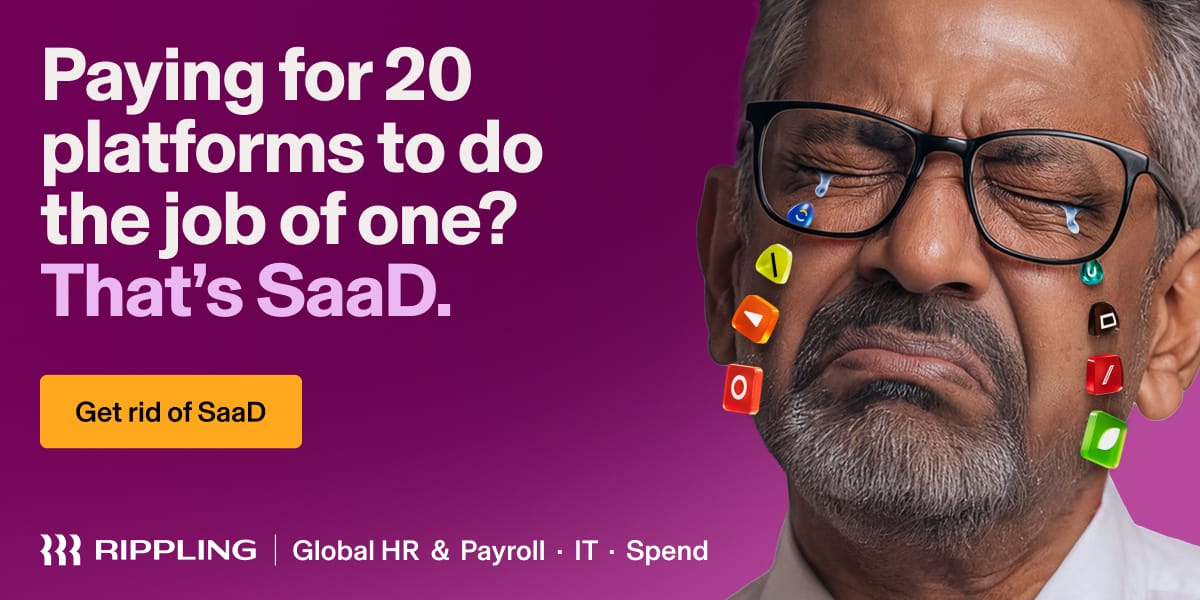Hi Playmakers,
Yesterday, Amazon laid off 14,000 corporate workers. UPS laid off 48,000. Nestle, Intel, and Accenture? Another 50,000 job cuts in recent announcements.
There’s no way around it: layoffs are demoralizing, traumatizing, and scary. And you never know when it will happen to you.
I remember the first time I ever saw a mass layoff up close. It was in the middle of the pandemic, and my husband, Pav, who was Chief People Officer at The Athletic at the time, had to conduct a mass job reduction — remotely, in the middle of a shutdown. I’ll never forget how much it impacted his entire team. I remember him sharing how much care they put into building the company, only to be blindsided by something completely out of their control.
So, today I decided to sit down with Pav for a special edition of The Wednesday Play to grab insight on how to handle a layoff when/if it happens to you. Make sure to pass this newsletter along to anyone who might need it.
Here are Pav’s top tips on how to navigate those first few weeks and months after losing your job:
Pause and process. I’ve had to lay people off, and I’ve also coached individuals through job loss. As someone who’s seen it countless times, the main piece of advice I give people is that anger, grief, sadness, and even despair are all normal and valid feelings. It may not be comforting in the moment, but these are emotions many people have experienced before you, and certainly many people will experience them in the future. Why is this important? It means that you can and will get through it, too.
Don’t try to “get even.” Don’t make any drastic decisions. If you’re angry, one of the worst things you can do is express your anger publicly. You may be putting yourself in a position where you are violating a confidentiality agreement or severance agreement, putting certain benefits, severance pay, or stock options at risk. One of the biggest and simplest mistakes I see employees make time and time again? Forwarding work emails to their personal email or to another person. This is almost always a violation of your workplace policies.
Take advantage of benefits immediately. Apply for unemployment right away. Even if you lost your job due to “performance issues,” employers will rarely contest an unemployment claim, and most states will decide in favor of employees, unless you were fired for gross misconduct. Performance issues do not qualify as gross misconduct. Take the time to review any severance documents to see if you are receiving any severance pay on your way out. If you’re using company health plans, you can apply for COBRA to retain those benefits for the immediate future. Some employers may even pay into your COBRA benefits for a period of time.
Secure your employee record. Make a written request for a copy of your employee record, including performance reviews, offer letters, and compensation records, to your employer. Sixteen US states, including California, Illinois, and Massachusetts, have laws to guarantee employees access to these records within a certain time frame (full list here). It’s always good practice to have records of your previous employment, and it may help you in future job conversations and negotiations.
Talk to your network. You’d be surprised how many people have experienced a job loss. Connect with your colleagues on LinkedIn (since you may no longer have their email), reach out to your network, and take ownership of your professional story. After you’ve had some time to decompress, think about what you loved about your last role and what you want to change about your career moving forward. The best way to find your next opportunity is through your network. It’s hard to put yourself out there after a job loss, but you’ll likely find more support than you’d expect during a time when your self-esteem is low.
Above all else, remember that your job does not define you. We live in a society that places “what you do for work” as the tentpole of who you are as a person. It does not make it true. It’s fine to worry about income and how to put food on the table, but don’t let this experience diminish your own self-worth. These two things are not the same.
Feel free to drop Pav a line if you found this newsletter helpful, or book him directly for advice on your HR issue.
Have you experienced a layoff? How did you get through it? I’d love to hear your thoughts on it on LinkedIn — as always, make sure to tag me, so I can respond.
Jenny

Don’t get SaaD. Get Rippling.
Remember when software made business simpler?
Today, the average company runs 100+ apps—each with its own logins, data, and headaches. HR can’t find employee info. IT fights security blind spots. Finance reconciles numbers instead of planning growth.
Our State of Software Sprawl report reveals the true cost of “Software as a Disservice” (SaaD)—and how much time, money, and sanity it’s draining from your teams.
The future of work is unified. Don’t get SaaD. Get Rippling.
The Play of the Week: Jessica Alba, Co-founder of The Honest Company

Jessica grew up battling asthma, allergies, and more than a dozen childhood hospitalizations — struggles that made her acutely aware of the hidden toxins in everyday products.
Years later, as a new mother, she turned that pain into purpose by founding The Honest Company, and became one of the first women in the world to lead a billion-dollar IPO.
The Execution Plan: Your Play for the Week

This week, let’s focus on resilience.
Maybe you’ve faced a layoff, a rejection, or a moment when things didn’t go the way you planned. It’s in those times — when everything feels uncertain — that our true strength shows up.
One thing I’ve learned is that a setback doesn’t define you; how you respond to it does. Every ending carries the seed of a new beginning, even if you can’t see it yet.
This week’s challenge is simple: Reach out to someone you trust and share one setback you’ve faced — and one thing it taught you.
Vulnerability builds connection. You might be surprised how many people have walked the same road… and how powerful it feels to turn pain into perspective.
Playmaker’s Spotlight: Real People, Real Wins
This week’s spotlight features LinkedIn legend John Kraski. Earlier this week, John posted a challenge to invite one of his followers on LinkedIn to join him and his colleague at the Jays vs. Dodgers World Series game in LA.
Sure enough, the comments section went wild, and a lucky dude named Ryan Redmond won the golden ticket! Ryan flew in from Philly to check out the game, cementing what will surely become a lifelong friendship.
John put a smile on a lot of people’s faces this week. More of that, please. Link here.

Want to be featured next?
Make sure to tag @Jenny Stojkovic on your post for a chance to be featured.
The Extra Edge: My Entrepreneur Essentials Reads
👉🏼 The Lean Startup — the handbook for building smarter, faster, cheaper.
👉🏼 Measure What Matters — OKRs made simple (and powerful).
👉🏼 Dare to Lead — Brené Brown on courage in leadership.
👉🏼 Atomic Habits — tiny changes that create massive results.
☕️ Want to have virtual coffee with me?
I’d love your help spreading the word about The Wednesday Play. Refer other people to the newsletter and get free time with me for a video call.
How to Get Involved:
The Wednesday Play isn’t just a newsletter — it’s a community. I’ll be announcing much more in coming weeks and months! For now, let’s connect across social.




